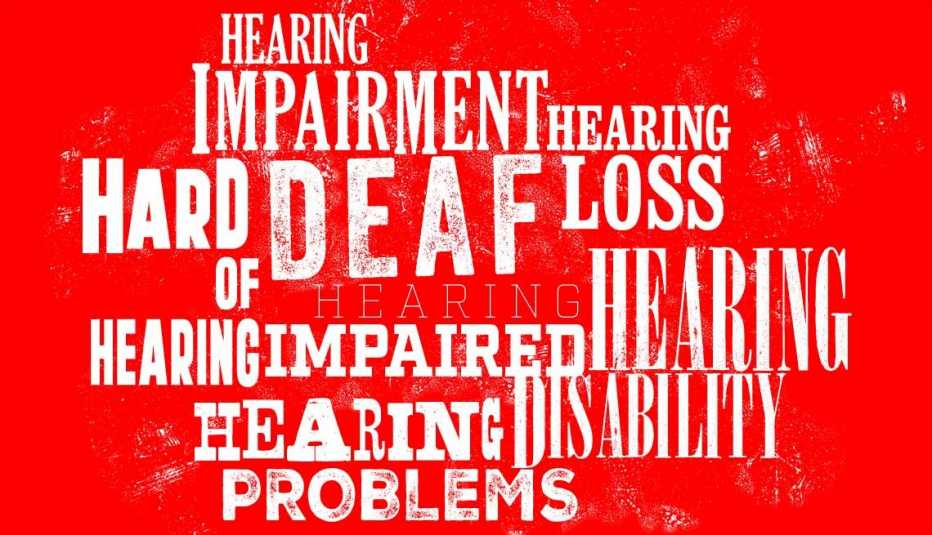Staying Fit


Recently, the headline for one of my columns used the term "the hearing impaired" to refer to people with hearing loss. As soon as I saw it, I knew there would be protests. The debate over what exactly to call people with hearing problems has raged for years.
Should we use the old-fashioned-sounding term "hard of hearing"? Or refer to the "hearing disabled"? Or maybe the cumbersome "people with hearing loss"? Even some of the major hearing associations can't decide. The National Association for the Deaf, for example, is OK with the use of "hard of hearing," while the Hearing Loss Association of America recommends "people with hearing loss."


AARP Membership— $12 for your first year when you sign up for Automatic Renewal
Get instant access to members-only products and hundreds of discounts, a free second membership, and a subscription to AARP the Magazine.
As for the headline — which was changed — calling a group "the hearing impaired" suggests that the hearing disability defines the person. Many of those with hearing loss agree that it's fine to describe a person as having a hearing impairment but not to use "the hearing impaired" to describe a category of people. For the same reason, many people with diabetes don't want to be called "diabetics."
The emails we received from those unhappy with the headline touched on this and other points.
Hearing Loss
- AARP Hearing Center
- New push for cheaper hearing aids
- "I have hearing loss, talk to me"
- 12 myths about hearing loss
Join or Renew AARP Today — Receive access to exclusive information, benefits and discounts
The AARP fact checker for my column, who was born with hearing loss, pointed out that the Merriam-Webster dictionary defines "impaired" as "being in a less than perfect or whole condition: as disabled or functionally defective."
"Contrary to the definition, I believe that I am both whole and unable to hear," she wrote in an email.
Several AARP readers with hearing loss had similar comments: "If I tell people that I am hearing impaired, they think something is wrong with me. However, if I tell people I am deaf, they say nothing is wrong with me except that I can't hear," wrote one.
But others saw it differently. "I don't see why someone would object to the phrase, 'hearing impaired,' because that is what it is," one reader emailed. "If they want to hide their disability, then why should they feel any entitlement to better services?"
On the other hand, many hearing-health professionals blithely and frequently use the term "hearing impaired." And people with vision loss routinely use the term "vision impaired." Go figure.
So what exactly do we call ourselves?

































































More From AARP
Hearing Loss for Dummies
Improve your hearing, enhance your life